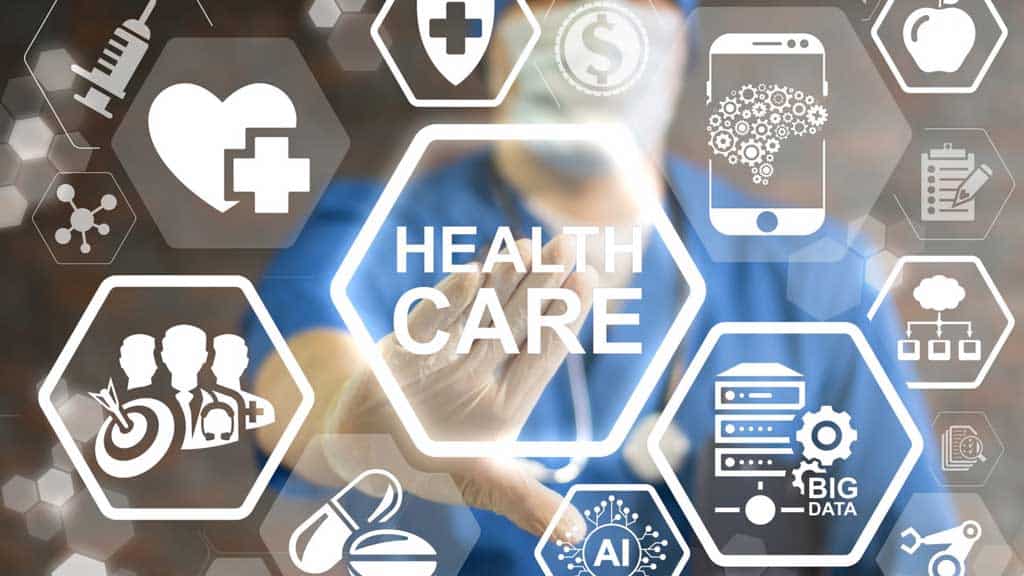From Artificial Intelligence (AI) and machine learning, to Virtual Reality (VR) and Augmented Reality (AR), emerging technologies are opening up new opportunities to solve some of the greatest challenges facing society today.
In Ireland, we are facing the challenge of future-proofing our healthcare system, so it can effectively manage two emerging demographic challenges facing it – both an aging and growing population.
By 2040, an estimated 1 million more people will live in Ireland with a 76% increase in the number of elderly patients (aged 75-84) forecast to require healthcare supports by 2030. In this context, there is a growing need to embrace technology and the change it fosters.
New innovations have the capacity to positively transform our public healthcare system. Integrating technology along all steps of the care pathway will help drive the best possible outcomes and services for all patients while also ensuring that resources are used effectively.
Accelerating the deployment of technology
Although initial moves towards electronic health records and investments in e-health under Project 2040 are steps in the right direction, the rate of adoption of emerging technologies such as AI, machine learning has not been as fast as it should be. We need to accelerate the deployment of technology across the systems to help make a real difference for patients and staff.
I know from personal experience the opportunities there are to embrace digital transformation and make a real difference.
My child’s written health records have gone from 1 centimetre to more than 10 inches high over the last ten years. By digitising those records and moving that growing volume of data to the cloud, we could ensure that any doctor or consultant treating a child in Ireland would have instant access to their patient history, enabling them to make more informed diagnosis.
Harnessing AI and its many innovations can empower personalised medicine that give patients the prospect of being treated effectively in their homes or in primary care settings. Having spent many months in a children’s hospital, I know first-hand the wish of every child to be back in the comfort of their own home.
Adopting VR technology can help to train more doctors in the latest clinical procedures, so they can be introduced into the theatre quicker than ever before.
AI and machine learning for babies
At Dell EMC Ireland, I am privileged to be working with healthcare organisations to deliver ambitious technological solutions that can create positive patient outcomes. By creating a new VR solution for the Belfast Health and Social Care Trust, my team and I have helped to remove the trauma and fear for many children undergoing MRIs and to significantly improve the efficiency of the process for staff.
I was also interested to hear about the work the Irish Centre for Fetal and Neonatal Translational Research (INFANT) and University College Cork (UCC) have been undertaking to autodetect infant seizures. By harnessing the power of AI and machine learning enabled by our latest technology, their teams have created a computer programme that alerts doctors when babies are having seizures, allowing for immediate intervention and treatment.
However, to make healthcare transformation a reality for all, industry must partner more actively with healthcare policymakers to share best practice and deploy technology to have maximum effect.
As our world becomes more connected, patients in Ireland will demand modern tools to improve their health and wellbeing. As a society we need to leverage the technology at our fingertips to ensure this happens.





